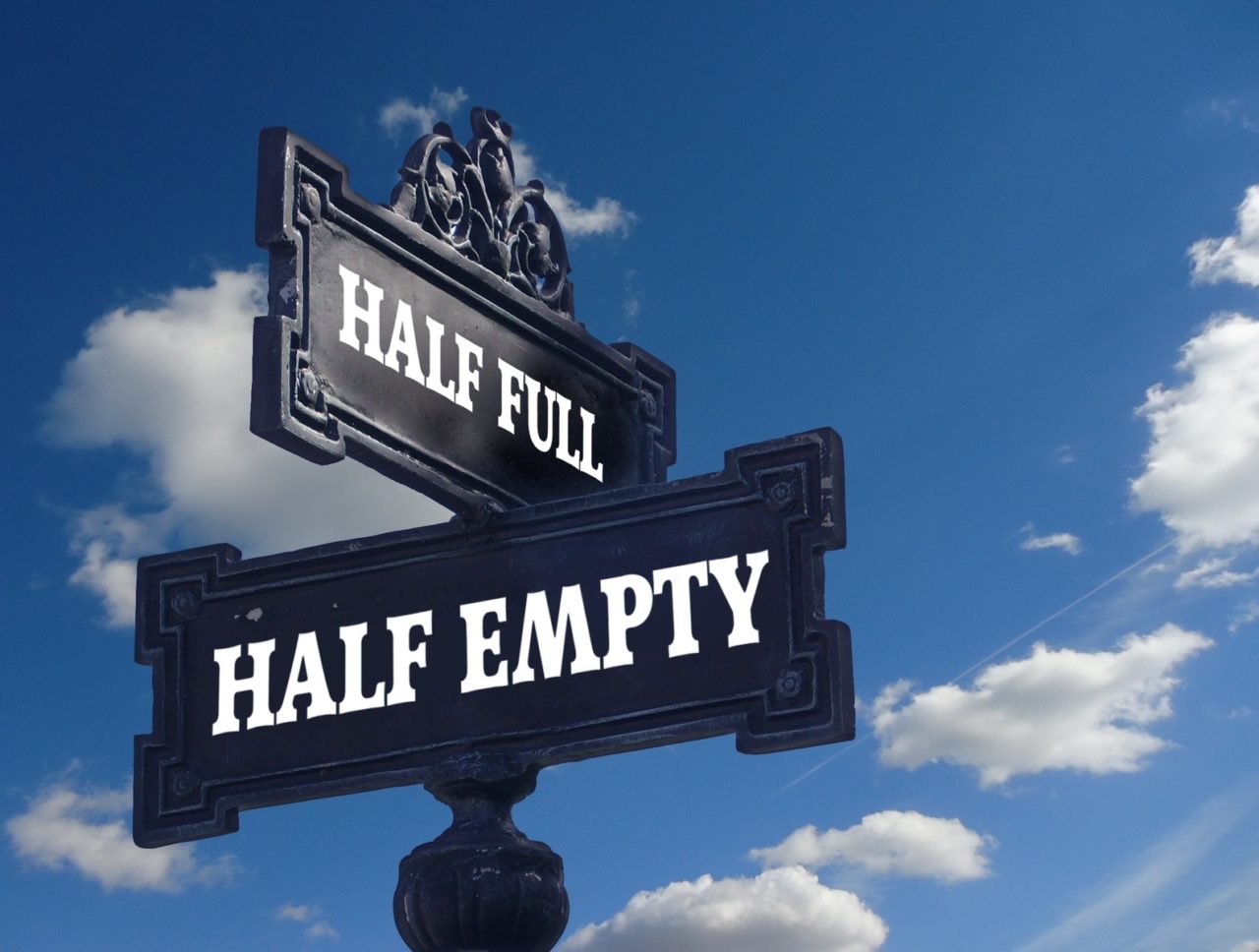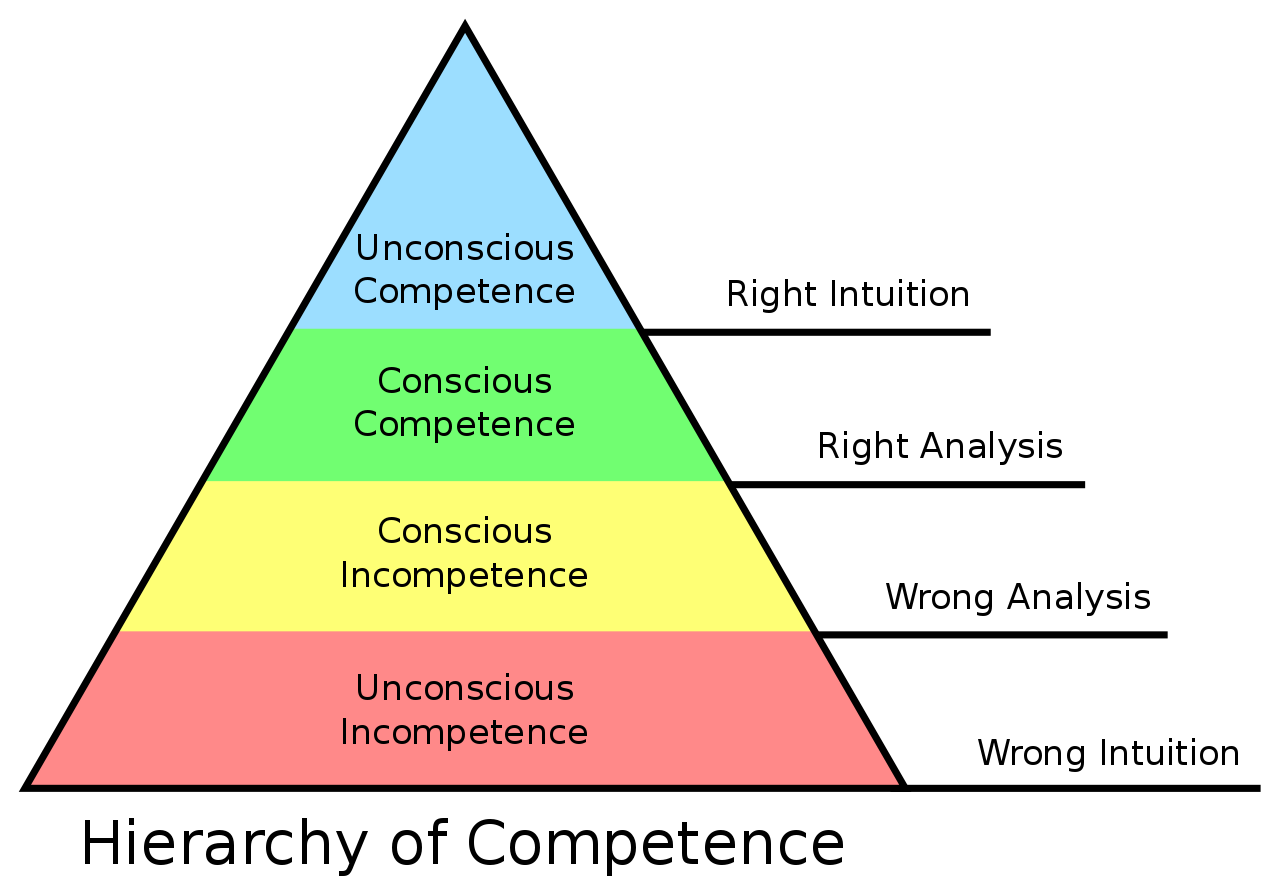Wim Hof Method

No-one can deny the 'cool' of the Ice Man, Wim Hof.
His story speaks of the greatest of challenges - breaking barriers of human understanding and overcoming great loss.
There's something messianic about Wim - he's a natural leader - engaging and talks of another world of possibility that seems within our grasp. He's both entirely intelligible and at the same time on a completely different plane to mortal man.
His message isn't look at me. His message is, if I can do it you can do it to. He's not out for the fame and glory, despite having 26 Guinness world records. He's out there to show us what we are all capable of if we set ourselves to it.
His gift to us is a route to a happier, healthier and more powerful life through a combination of simple techniques. The three tenets are:
1) Cold therapy - Exposure - 'Good stress'
2) Breathing - Hyperventilation and ph Balance
3) Commitment - Self-discipline
It's taken me a few months to get into it, but I've been cold showering every day for 3 months now as of writing this and I see no reason to stop. Yes it's difficult in mid-winter UK though it always feel's good afterwards even if it's tough at the time.
Managing it mentally and physically takes strength that if you don't have at the beginning, comes with time. I've heard people say "it's good to get the worst part of the day out of the way" - there's some sense in that - it's a shock to the system and somehow it feels like good stress. It's taught me to be less anxious and more in control of my stress response.
This thread also runs through the breathing techniques - holding your breath for that amount of time does not feel natural at first and your body overreacts. Though with practice you learn to cope with the stress and have greater control over your stress and therefore your adrenaline response.
Commitment is part of both physical exercises and routine too. Making space for them in your life, making these small investments in the hope that they improve the quality and length of your life.
For me, I believe that it is working - subjectively for me. I'm sure it won't work for everyone because not everyone is ready to challenge their held beliefs. They want to believe that health 'feels' good. It's not always the case! Certainly not in the short-term.
For more information on the Wim Hof Method visit his site and why not try his mini-course?
For some great insight into the man and how he got to this point, check out Russell Brand's interview.


